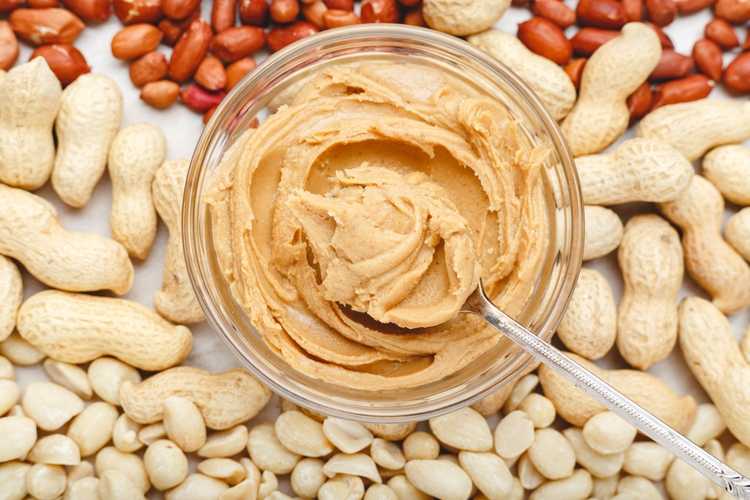Table of Contents
TRANSCRIPT
Many of us can’t start a day without a cup of coffee. But have you ever wondered about the impact of that daily brew on your body? Heads up coffee lovers! This video is brewing up some intriguing insights you don’t want to miss!
The Caffeine Truth
Here’s the truth: No matter what coffee brands tell you, coffee ALWAYS contains caffeine. Even decaf! Caffeine alone can increase blood sugar levels after meals and reduce insulin sensitivity when you eat carbs, even in healthy people.
It means that your insulin works less effectively, thus when sugar stays in your bloodstream, your body needs to secrete more insulin than normal to help glucose enter the cells.
It is also called insulin resistance, and can lead to pre-diabetes.
Benefits of Regular Coffee Consumption
However, coffee has other compounds that may cause it to interact differently than pure caffeine tablets. When regularly consumed, caffeinated coffee may be protective against diabetes in healthy people, and has not been shown to significant impact blood sugar levels.
A study started with 88,259 women in the US who did not have diabetes. It found that drinking coffee for eight years lowered the risk of developing type 2 diabetes.
Regular coffee was even slightly better than decaf.
The Power of Chlorogenic Acid
The main reason behind this can be the chlorogenic acid in coffee. This antioxidant can benefit glucose metabolism by reducing inflammation, improving insulin sensitivity, and fostering insulin secretion. Drinking three to four cups of coffee every day was linked with a lower risk of diabetes, heart disease, and some cancers. However, this amount may be too high for some persons.
Type 2 Diabetes Concerns
In those with Type 2 diabetes, however, caffeinated coffee may have adverse effects and increase blood sugar levels, so it’s best to avoid pairing it with high-carbohydrate meals. Black coffee can be consumed by those with diabetes as long as there is no added sugar. Still, you should be careful of the caffeine content.
Read more: Can Eating Sugar Cause Diabetes: What You Should Know
Tips for Healthy Consumption
If you’re worried about caffeine hurting your blood sugar, try drinking coffee after eating a low-carb or well-balanced meal. With a balanced meal, your body also gets other nutrients like protein and fiber, which helps lower blood sugar spikes from carbs.
Don’t add sweeteners or other sugary things, as it may strain your body to produce and use more insulin to clear sugar from the bloodstream. Coffee creamers are often loaded with fat and sugar, so you might also want to avoid it.
Instead, choose plain reduced-fat or fat-free milk, without added sugar, or plain oat, cashew, hazelnut, or almond milk beverages. They are rich and creamy, without guilt.
As we wrap up our exploration, just remember, moderation is your coffee’s best friend – and yours too! So, whether you’re savoring your morning espresso, or getting cozy with some quirky coffee concoctions, keep that curiosity brewing, stay in the coffee know-how, and let your java journey be the perfect blend with your healthy lifestyle.
Read more: 20 Foods Bad for Kidneys
Summary
Coffee, containing caffeine and beneficial compounds like chlorogenic acid, may protect against diseases like diabetes. Still, excessive consumption, especially for those with type 2 diabetes, can have adverse effects on blood sugar levels, emphasizing the importance of moderation and mindful pairing with balanced meals.
- Can You Drink Coffee While Fasting?
- Coffee and Lemon for Weight Loss: What Is the Truth?
- Does Drinking Water Help You Lose Weight?

















Comments
0